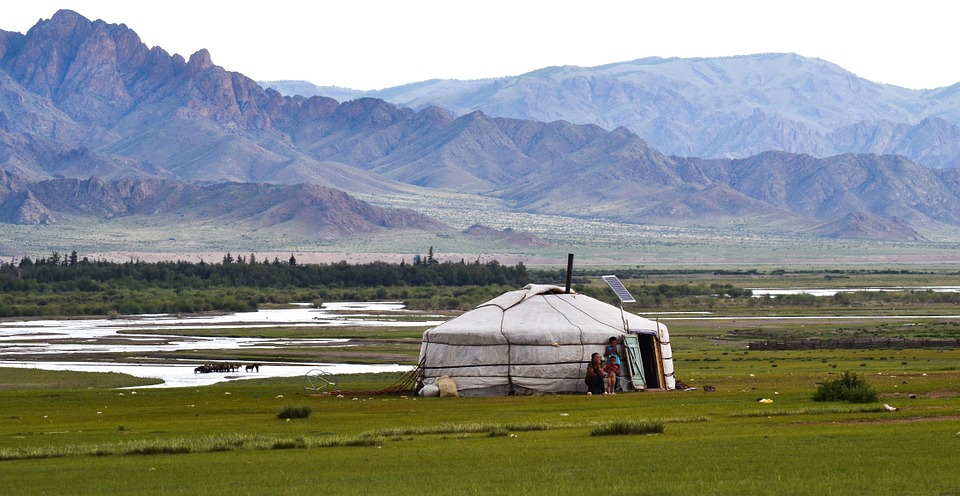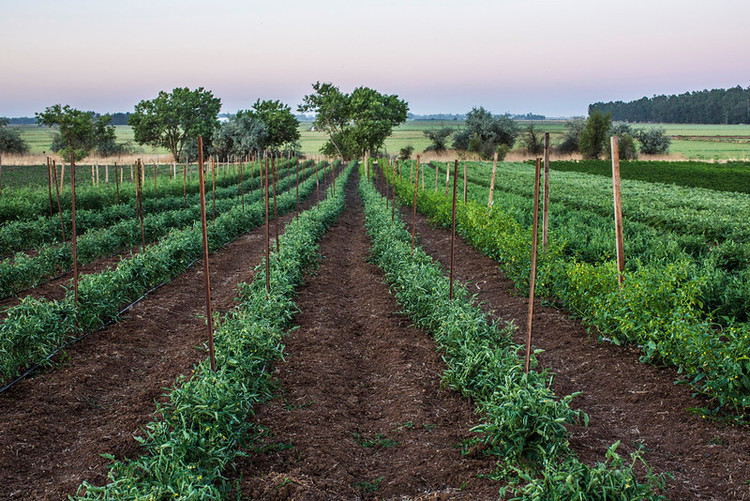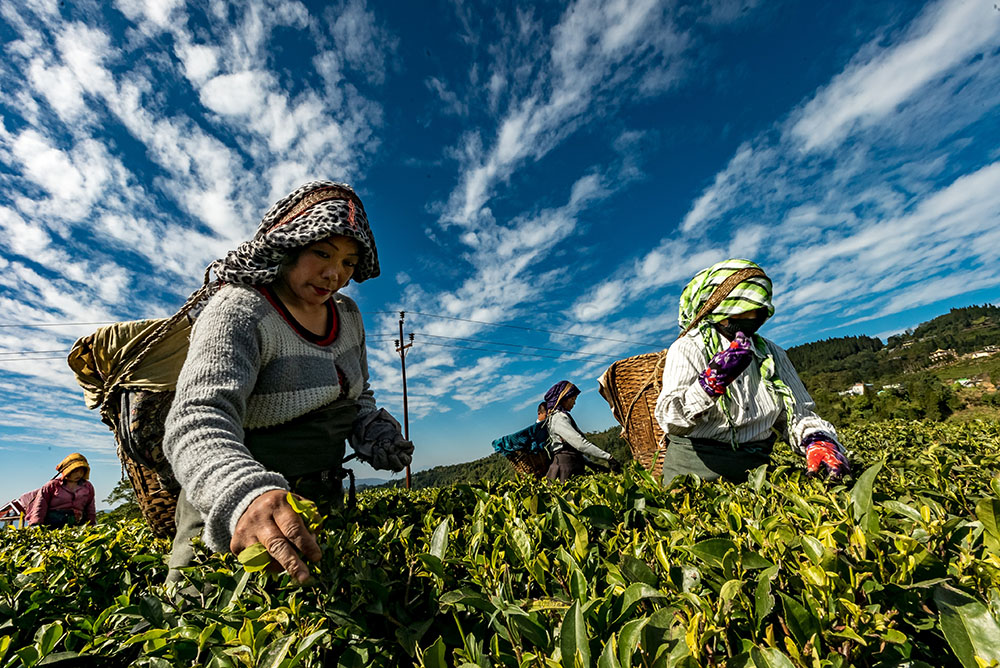In our current digitally connected world, pessimistic studies of social media use and mental health seem to be appearing everywhere. The basic premise of such research is as follows: in a world where we are seemingly constantly social, via our screens and devices, it is ironically, now more than ever, that as a society we are now plagued with an epidemic of loneliness. Despite these claims, new evidence is now showing that it’s not all negative. Social media and other online tools, researchers are saying, promote safe spaces for voicing concerns, thoughts and opinions. Furthermore, researchers have found that social media allows for increased availability of resources for individuals who otherwise may not have access.
This story in particular follows the path of Land Portal user Hijaba Ykhanbai. His vast and varied work at JASIL Mongolia, as well as his role as a consultant for various organizations working on natural resource management in the country have led him to the Land Portal. Scroll below to learn more.
It would be an understatement to say that working in the land sector means being a constant advocate for the cause, not only with policy and change makers, but with the general public who may be unfamiliar with the issues at hand. The truth is that land in all its’ forms, including land rights, is often not talked about in mainstream news or rhetoric. More often than not, it is not one of the topics discussed in high school classrooms or at fundraising events. This is why using the power of online technologies is invaluable in not only educating the wider public about land rights, but in connecting those already working on land and all forms of natural resource management. Many of our colleagues work around the globe, move between various parts of the world, making online virtual spaces the easiest way to learn from each other, share best practices and strategize on the way forward.
I first got to know about the Land Portal at the end of 2017, through my work with the Rangelands Initiative. There are a big gap for adequate data on rangelands and pastoralism in many parts of the world. Ironically though, one of my earlier interactions with the Land Portal came In the Spring of 2018, via an in person information sharing workshop entitled: “Partnership for Action: Information ecosystem on land governance” The benefits of these types of in person workshops, evidently, is the chance to speak face to face, get to know one another andnetwork with like-minded colleagues The online discussions which I have participated in, however, have also allowed for high quality exchange of ideas and experiences, of best practices and areas where we can improve. Of course, it is important to be mindful of the fact that these online spaces come with an increased need to bridge divides. What I mean by this is the following: Virtual spaces for discussion help us to bridge physical and geographical divides, this is clear. They allow us to discuss with colleagues whom we may not otherwise have regular contact with, because they may be working in a remote community in Brazil, or in my case, in various parts and study sites of Mongolia. What virtual spaces for discussion do not help to bridge are linguistic divides, which are compounded by the fact that there is a decreased margin in these spaces to account for body language, cultural sensitivities and other such cues that are best picked up when we are in the physical presence of one another. My role in last year’s Making Rangelands More Secure discussion, was just this. I supported in translations from Russian to English, and vice versa, but also worked to ensure that the back and forth of ideas was communicated and relayed in ways that were accurate, timely and which respected the integrity of those communicating in their native languages. It was no easy feat, but is an example of how we can find ways to understand one another’s perspectives with some effort.
Some background on my own work is that I am the current director of JASIL Mongolia and also work as the Central Asia Land Matrix Regional Data Coordinator, covering Mongolia and the Central Asian “stan” countries, where land use data was not always transparent. I hope to be able to continue to use the Land Portal in these endeavours.



